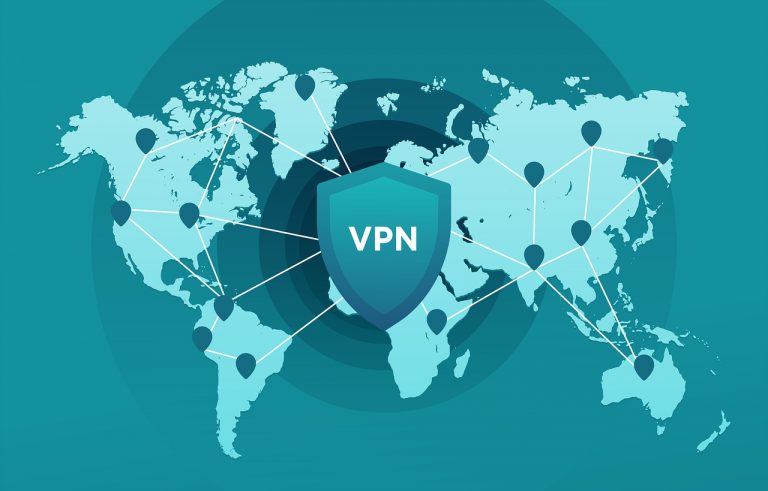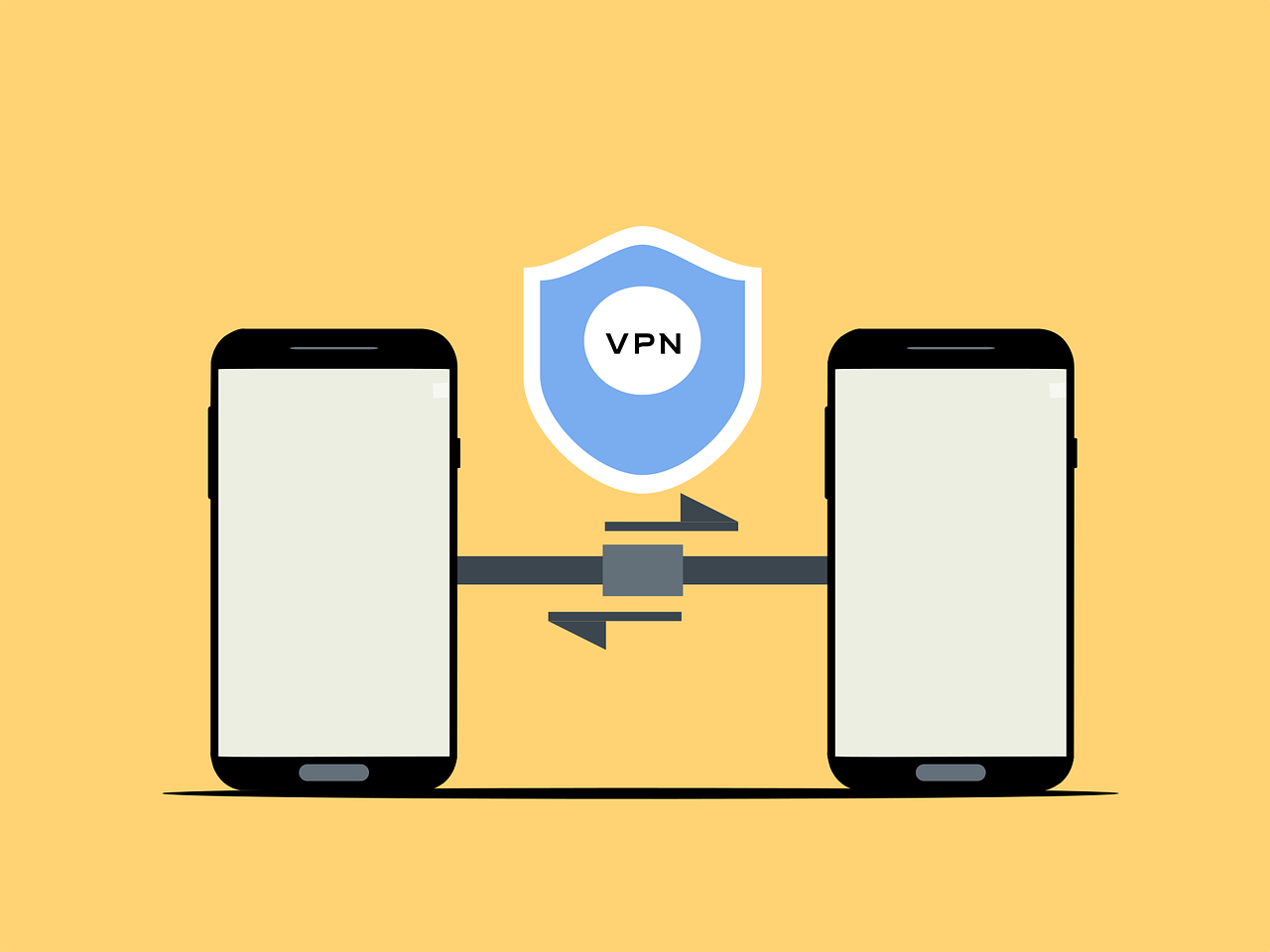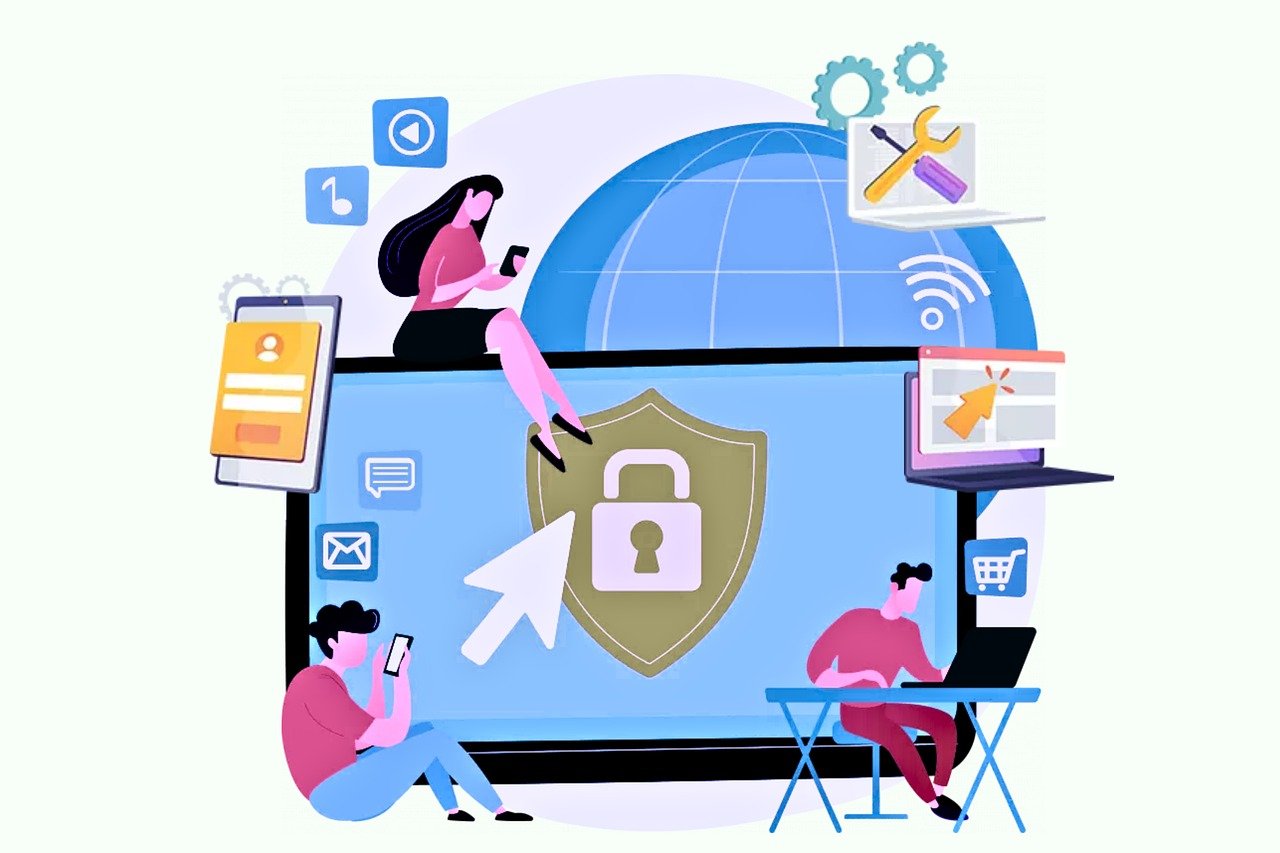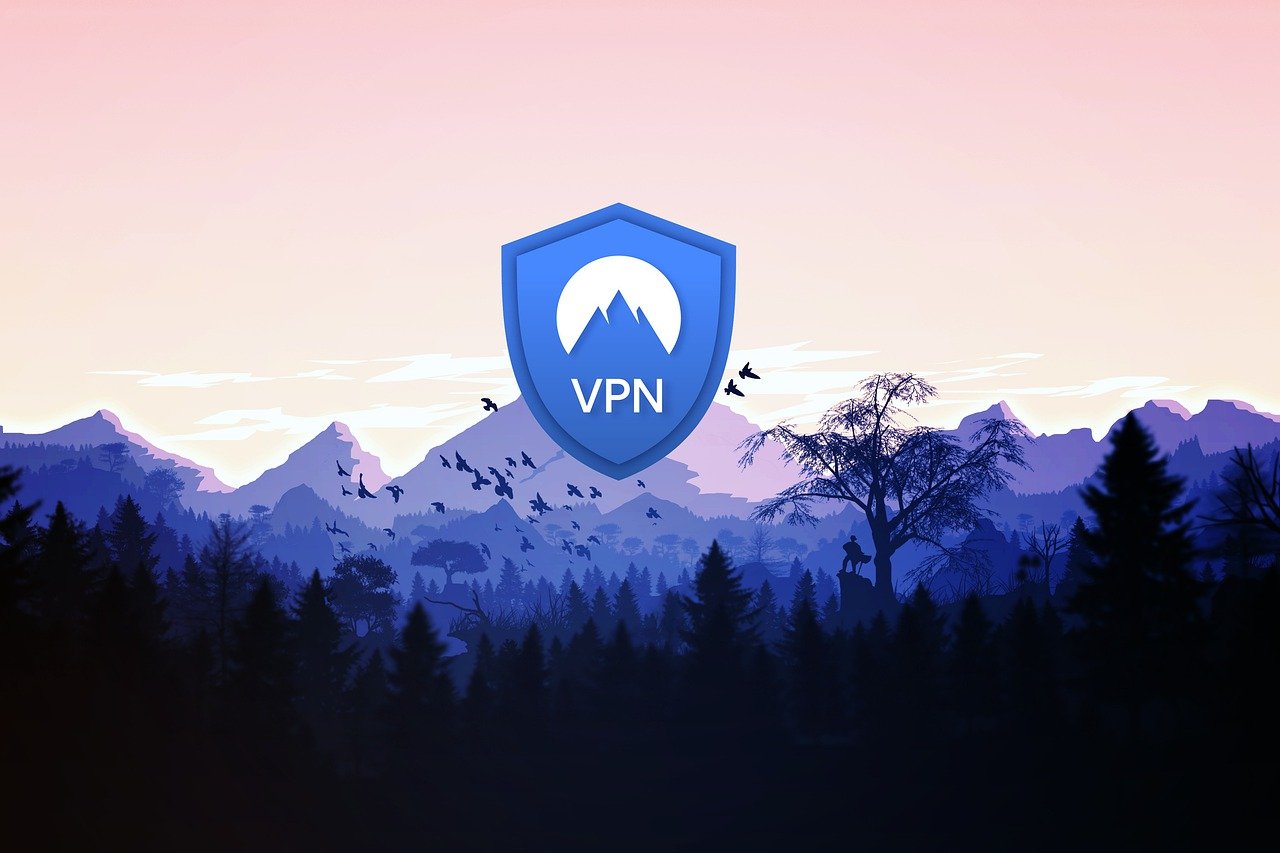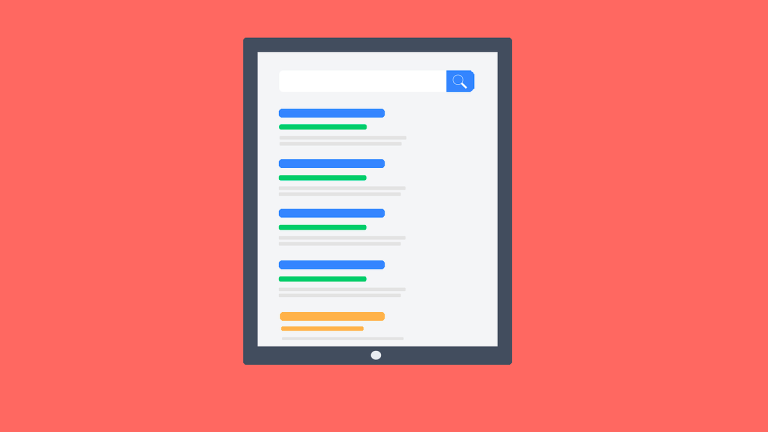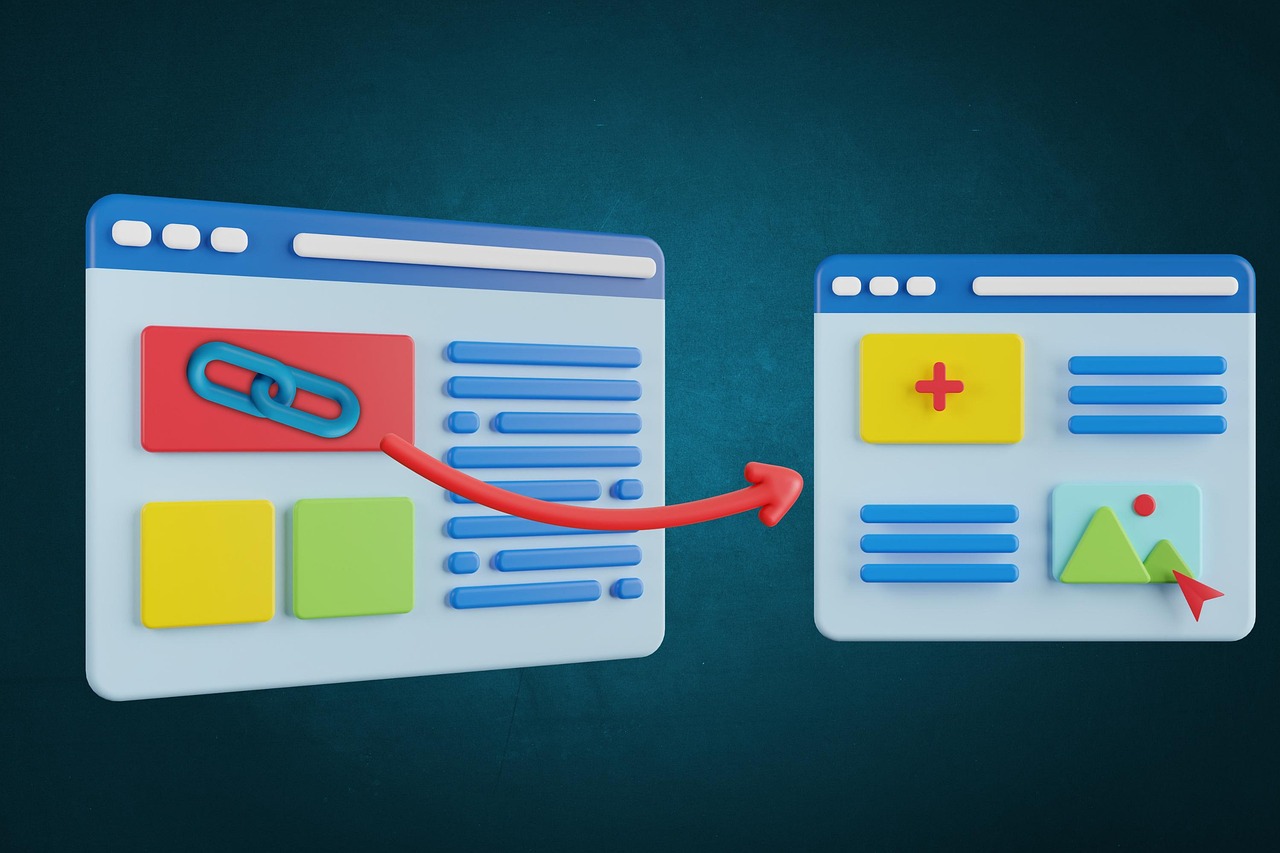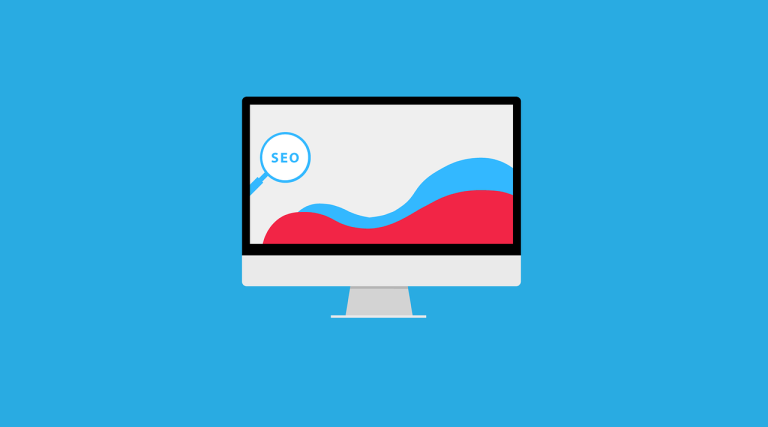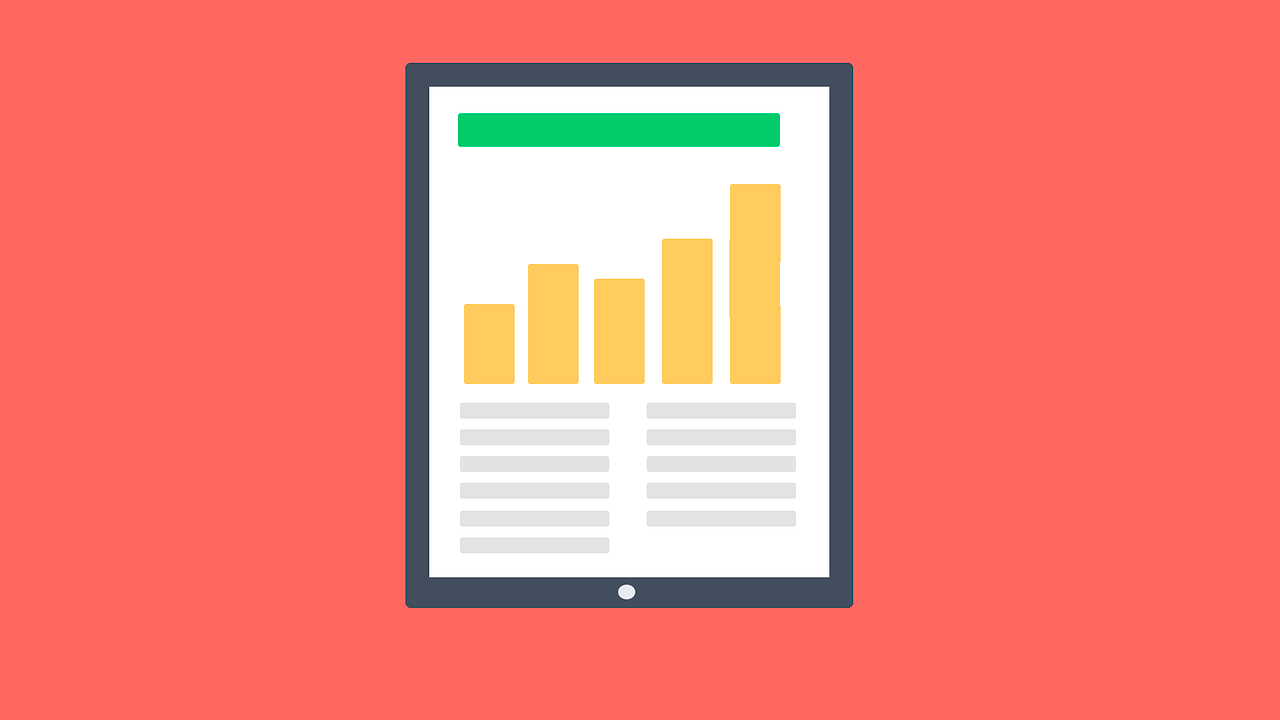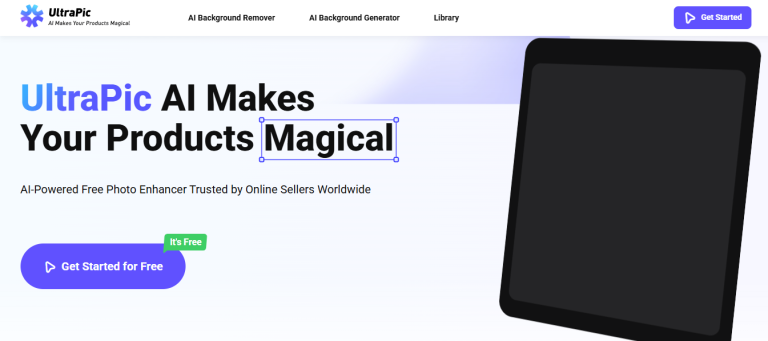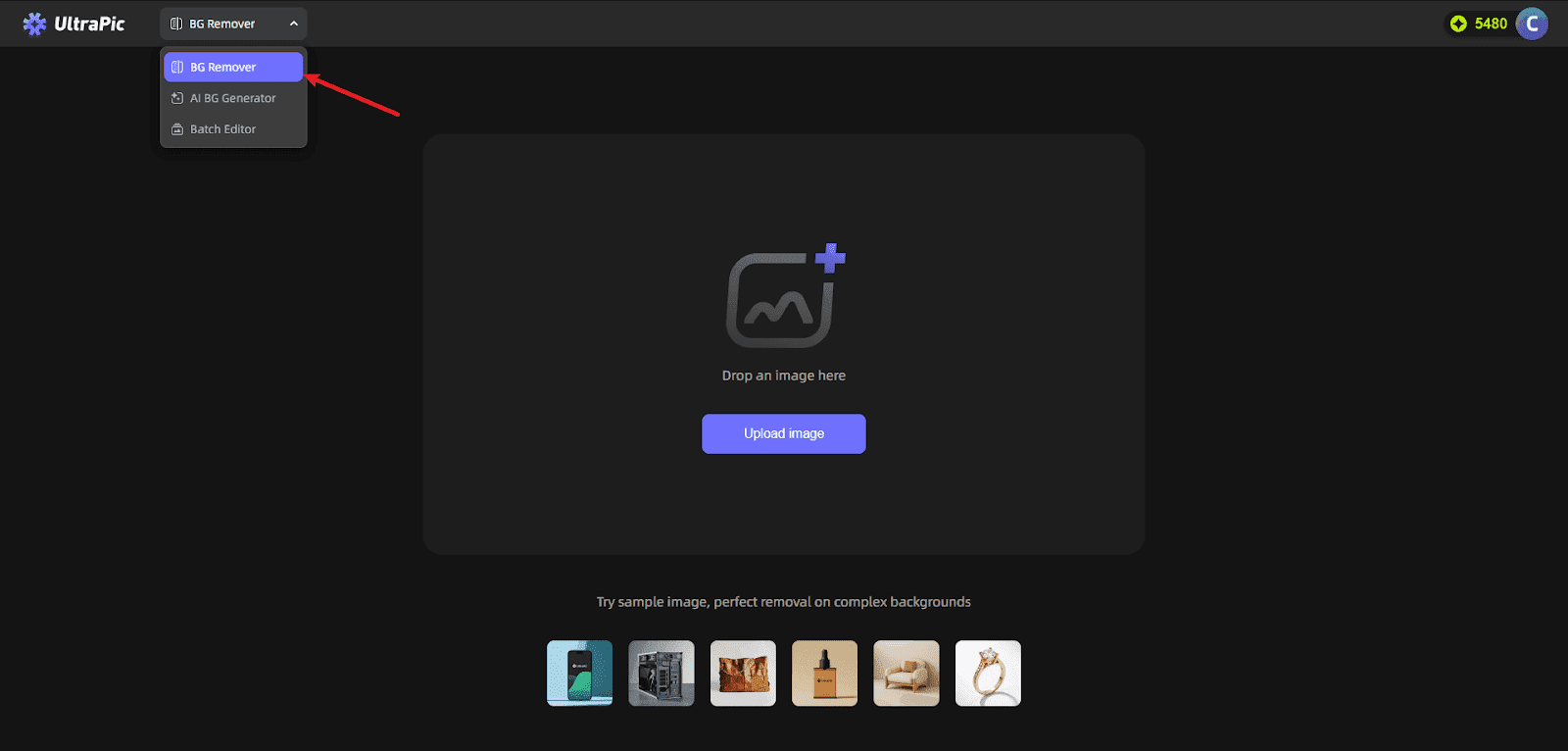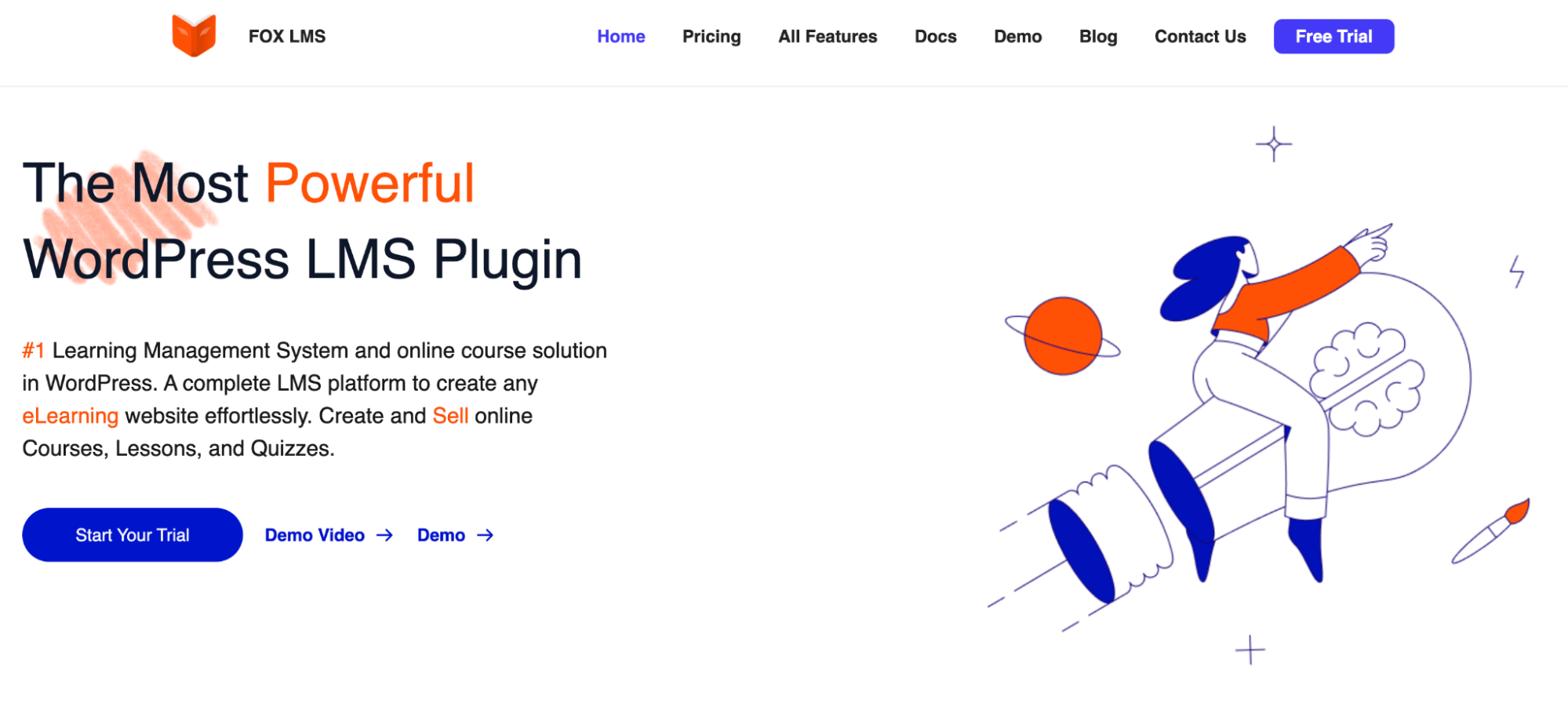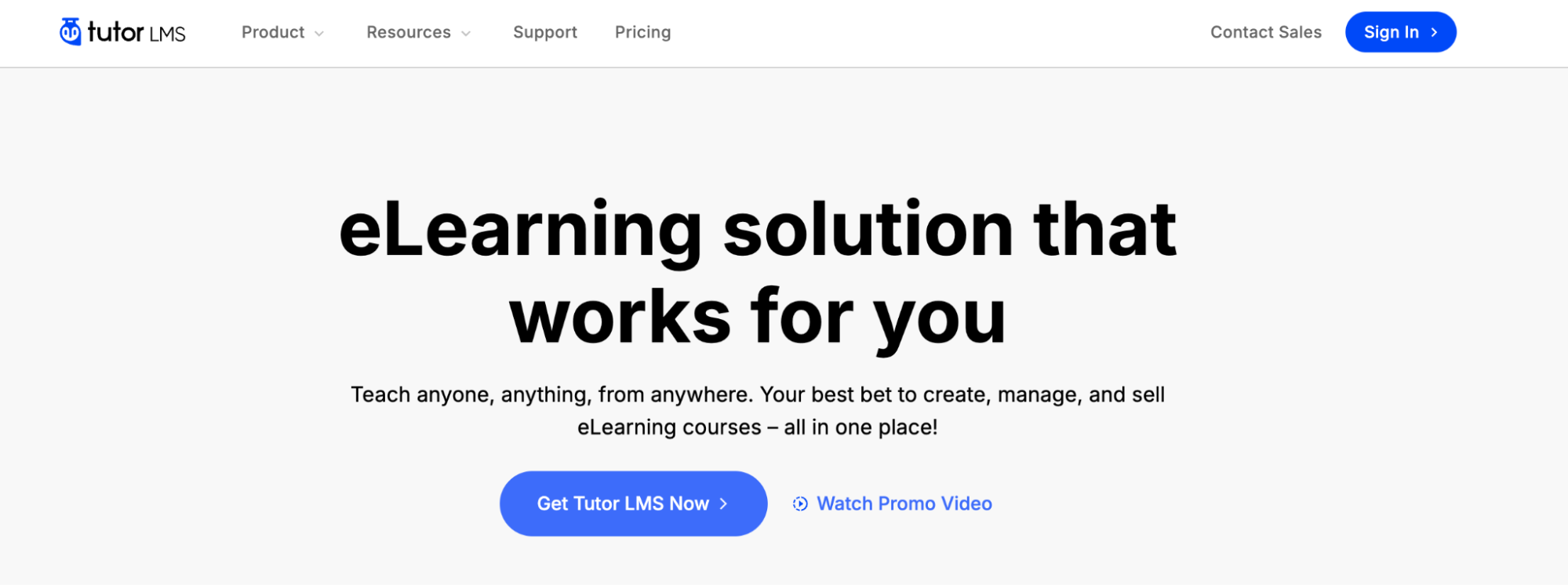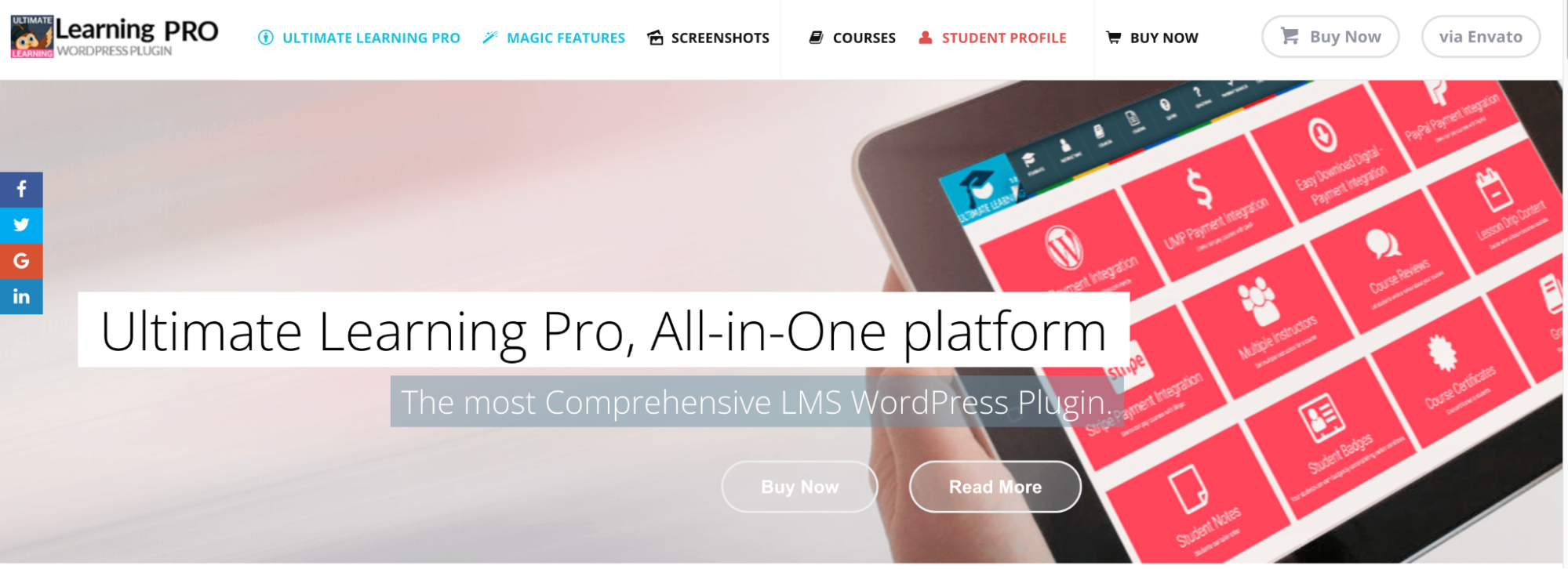Here, we will show you why you need a VPN when traveling.
We all travel from one place to another for work, family, and other commitments. Some of us travel within the country, while others travel within the state. Some travel from one country to another, primarily due to work.
Have you ever wondered if, when you travel, there are certain websites that are essential for your job or work that you can’t access?
Yes, you heard it right. Certain websites are restricted in some areas. What is the solution to this problem, as your work and daily life will be hindered by this restriction? The answer to this is a VPN. I will tell you the solution now.
What are you waiting for? The VPN Black Friday sale is nearing; grab your best VPN and enjoy secure browsing.
Many of you have heard about VPNs before, but how many know that a VPN is a boon when traveling to places with certain web restrictions? Here is everything you need to know about VPNs and how they work when traveling.
Table of Contents
What Is A VPN?
VPN stands for Virtual Private Network, which helps you secure browsing activities from prying eyes. It connects your device to another computer and creates a private network between the device and the computer.
Typically, you connect your device to your Internet Service Provider (ISP), and the ISP then connects you to various websites. The service provider has access to all your data, so you are vulnerable to spying.
But when you use a VPN, it encrypts all the data before it reaches your Internet Service Provider. Digital SIM will actively improve security. With the help of eSim, you feel free of local providers and physical SIM.
Your traffic is private with a VPN and less prone to hacking. It is a program that runs on your device, providing you with privacy and security.
CHECK OUT: How to Use a VPN to Protect Your Online Privacy
Why Do You Need A VPN When Traveling?
Traveling can be an enriching experience, but it also comes with potential risks, especially regarding your online security.
Here’s why using a VPN (Virtual Private Network) while traveling can be beneficial:
1. Enhanced Security on Public Wi-Fi: Public Wi-Fi networks, readily available in airports, hotels, and cafes, are often unsecured. Connecting to them without a VPN leaves your data vulnerable to snooping, eavesdropping, and even potential theft by hackers. A VPN encrypts your internet traffic, acting like a secure tunnel that protects your data from prying eyes.
2. Access Geo-Restricted Content: Some websites and online services may restrict access based on location. For example, you might be unable to access your favorite streaming service or online banking platform abroad. A VPN allows you to connect to a server in your home country, making it appear as if you’re browsing from there, thereby granting you access to the desired content.
3. Avoid Price Discrimination: Some websites and online services can practice price discrimination based on your location. By using a VPN and appearing to browse from a different region, you may be able to avoid inflated prices, especially when booking flights or accommodations.
4. Bypass Censorship: Certain countries restrict access to specific websites and information. A VPN can help bypass these restrictions by routing your traffic through a server in a location with no such limitations, allowing you to access the information you need freely.
READ ALSO: Cyber Security Risks And Solutions
Benefits Of Using A VPN When Traveling?
- Secure browsing while using public Wi-Fi: In a foreign land, you must communicate with your colleagues and family to inform them about your well-being or work. So, most of us buy SIM cards beforehand, but what about the internet? After you reach your destination, you will need access to the internet for both work and entertainment. We often connect to public Wi-Fi at airports, coffee shops, and hotels. But, using public Wi-Fi that many people use simultaneously makes you prone to phishing scams as your browsing activities are unencrypted, and hackers can access this information. Using a VPN will make your browsing data safe and only up to you.
- No more geographical restrictions: It allows you to watch a particular series on Netflix or any other streaming platform banned in your country. A VPN uses the proxy of another country where the show is streaming, allowing you to enjoy the show.
- Remote office work: Suppose you have to travel to a different country or state for personal work and don’t want your job to be hampered. Here, a VPN can give you what you are looking for. When working outside the office, a VPN protects your work information. It also provides you with access to the company’s network and resources, allowing you to work from anywhere.
- Free from Government impositions: Sometimes, governments impose restrictions on accessing certain websites that might be useful to you. Countries like China and several others don’t want their citizens to visit certain websites that the government deems potentially harmful. Here, a VPN can be a solution. You can use the website with confidence through a VPN, as the data is encrypted and private.
- Hassle-free streaming from any location: When traveling to a foreign country, a VPN helps you access the restricted websites in that particular country. It allows you to enjoy all the services you had at your place in a foreign land.
- Private chats and video calls: In certain countries, some applications are used in conjunction with a VPN to help secure any online conversation with others. It ensures that the voice or video chat remains private and secure. Let the platform be Skype or Hangouts; VPN takes care of all.
- Economic flight booking options: You must pay a different amount for the same flight if booked from a different country. Yes, it’s true. For instance, if you are booking a flight from London to New York, the ticket price is $ 100. If you are searching for the same flight from Sydney, it will display a price of $75. So, all you have to do is use a VPN, a proxy that will simulate Sydney’s location, and book the flight for $ 75. It would be helpful if you used a VPN to access the server through a proxy from a different country, where ticket charges are lower, and book it.
- Access to the home network from anywhere: A VPN can be used to access your home network from anywhere, whether you’re traveling or outside. If you are traveling and need vital files saved on the home computer that you need urgently, then VPN helps to give you access to those files spontaneously.
READ ALSO: Traveling Abroad: 5 Safety Tips When Connecting To Wi-Fi Overseas
Are There Any Drawbacks To A VPN?
Although a VPN offers numerous benefits to travelers, it also has some drawbacks. Some websites, especially bank sites, see incoming access from a VPN as suspicious and restrict access to their site.
Primarily, using a free VPN is not suggested. While using a free VPN, you will encounter slow upload and download speeds, and they even log your internet activities. So, never use a free VPN.
READ ALSO: Stay Connected and Safe Abroad: Saily eSIM + NordVPN Limited-Time Offer
What VPN To Consider When Travelling?
There are several key criteria to consider when choosing a VPN for travel. A VPN must have servers in the country you are traveling to. Verify that the VPN you choose has a vast network presence in most countries. Secondly, a VPN must have a clear and transparent privacy policy to avoid ambiguity. Thirdly, a VPN should be easy to handle and user-friendly.
Whether To Go For A VPN Or Not?
Everyone who travels, especially abroad, should use a VPN. It provides a private and secure browsing experience, giving you access to restricted or banned sites in other countries.
You can easily stay in a strange land with the facilities you used to enjoy in your hometown.
READ ALSO: How to Protect Your Mobile Phone When Traveling
Conclusion
Overall, using a VPN while traveling can offer several advantages:
- Increased security and privacy on public Wi-Fi networks.
- Access to geo-restricted content and services.
- Potentially avoid price discrimination.
- Bypass censorship in certain countries.
However, selecting a reputable VPN provider with robust security features and a transparent privacy policy is essential. Remember, a VPN isn’t a foolproof solution, but it can add a valuable layer of security and flexibility to your online experience while traveling.
RELATED POSTS
- Can VPNs Help Prevent Cyberattacks? [We Have The Answer]
- Free VPN vs Premium VPN – Which one should I go for?
- Why Should Startups Use A VPN? [#4 ANSWERS]
- Full Ivacy VPN Review: Affordable, Faster & Secure VPN
- The Ultimate VPN Guide – What Is A VPN?
- Best VPN For 2023: Top Picks Reviewed by Our VPN Experts
- How Traveling Affects What You Can Watch on a Windows Laptop


